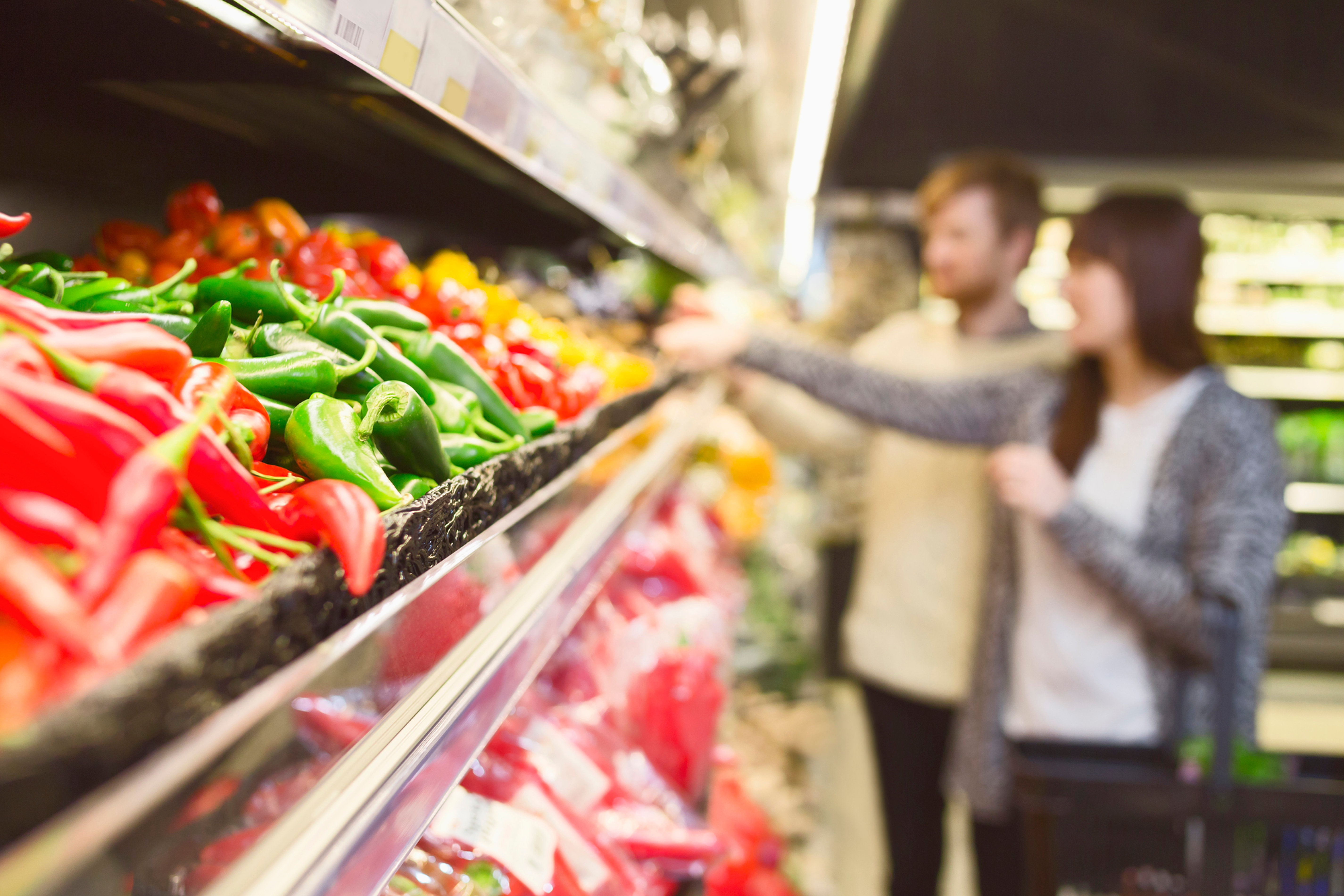Every Wednesday morning Mr. Günther, an old helpless man living in an outskirt of Berlin, wakes up in the morning, wears the nicest thing he has, carries his big basket, and heads to the weekly central food-sharing gathering in his area. After the gathering, Mr. Günther comes back home with a smile on his face and a basket full of fresh and delicious food enough for one week until the next gathering, all for free. I had the pleasure meeting Mr. Günther during my short stay in Berlin. As a person who lived in Egypt for a lifetime, I was quite impressed by the strictly systemized and regulated German food-sharing system. As we rode together on the train, Mr. Günther explained how the system works.
The food-sharing program is managed by a board of volunteer directors and governmental officers. This board of volunteers includes carefully selected representatives from community members, students, social service officers, political parties members, and social activists. The idea is based on a group of strict rule pressed by the German health control authority on all shops and markets listing a group of food items to be sold in their production day. For example, if you have a bakery shop in Berlin, you have to bake everyday only what is enough to be sold on the same day, and whatever you have left by the end of the day you give to one of the food-sharing programs.

Representatives of the food-sharing programs are distributed all across the city according to a “collect and deliver” map, where every member is entitled to a number of shops and markets that he visits at the end of every working day to collect their surplus unsold food. The program has several central offices in main districts in the city, every office holds one weekly meeting to distribute the collected food. Accordingly, the food that is collected from all the city every night is directed only to the office that holds a gathering next morning, so that the food is served fresh to the consumers.
Thus, who is eligible to receive food in these gathering? There is a criteria checklist that one needs to meet in order to be one of the beneficiaries of this program: to be unemployed, incapable of work, and demonstrating a genuine financial need. More importantly, to have a registered address in the same district of the office he is visiting. Within this context, homeless people are not eligible for this program.
In Egypt, programs such as Egyptian Food Bank are widely acting based on donations from the rich and support from NGOs. Despite how simple the idea behind the German food-sharing program is, it would be a big challenge to apply a similar model in Egypt. First of all, it is quite difficult to employ a “same day sell” rule in a market where goods remain on display over a week or even more. The model would need continuous support from the government in the form of officials that become acting members of the program. Last but not least, laws and rules need to be formulated to integrate such a social activity in the socio-economic structure of our society.
Reference
thinkeatsave.org